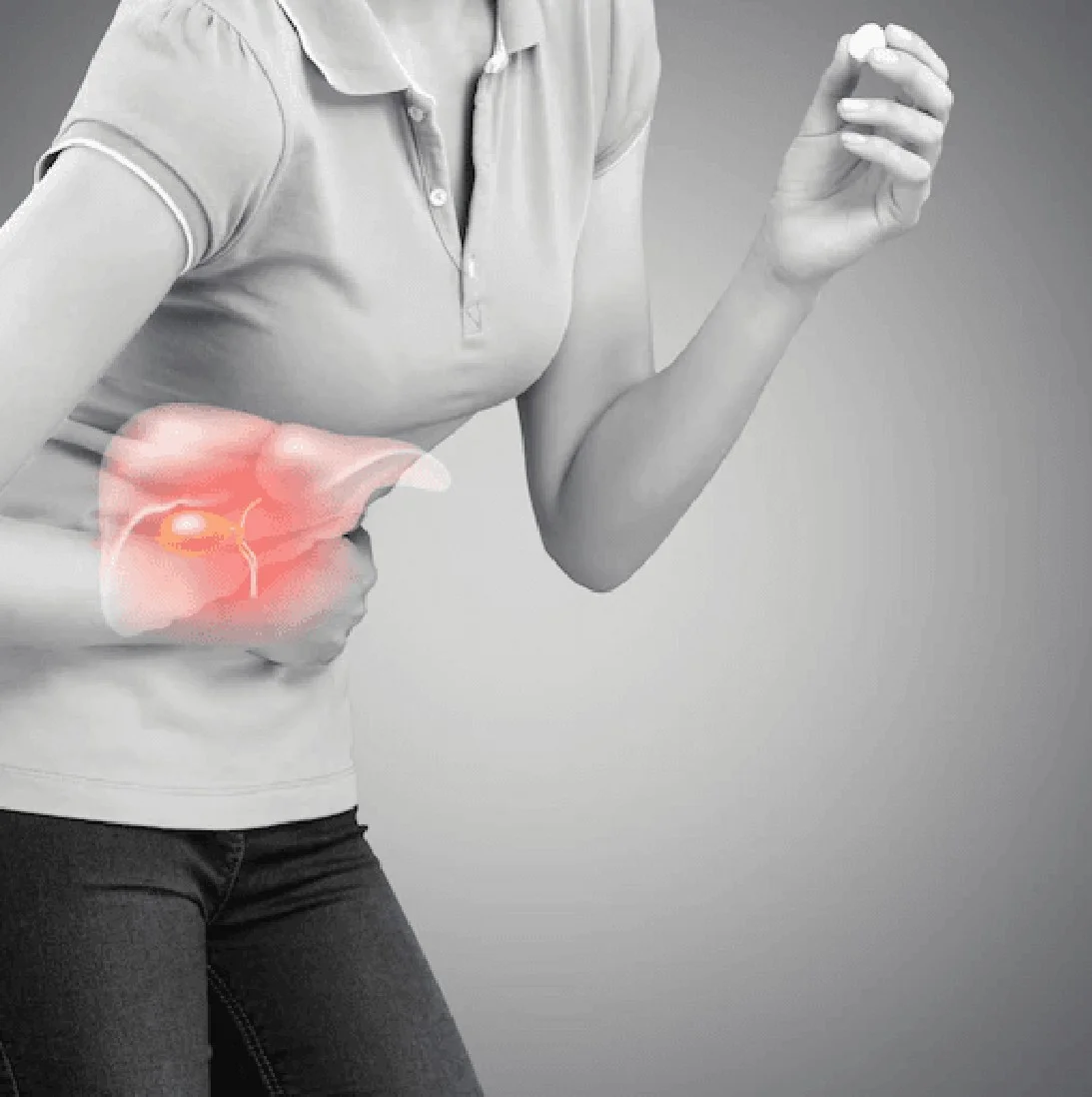
Department of Gastroenterology
Welcome To Gangasheel Hospital
What is Pancreatitis ?
Pancreatitis is inflammation of the pancreas. The pancreas is a long, flat gland behind the stomach in the upper abdomen. The pancreas produces enzymes that aid digestion and hormones that help regulate how the body processes sugar (glucose).
Pancreatitis may present as acute pancreatitis. That is, it begins suddenly and lasts for several days. Some people develop chronic pancreatitis, pancreatitis that has been present for many years.
Mild pancreatitis improves with treatment, but severe pancreatitis can lead to life-threatening complications.
The signs and symptoms of pancreatitis depend on the type of pancreatitis.
Signs and symptoms of acute pancreatitis include:-
- Upper abdominal pain
- Abdominal pain radiating down the back
- Abdomen tender to touch
- Fever
- Rapid pulse
- Nausea
- Vomiting
- Upper abdominal pain
- Abdominal pain worse after eating
- Losing weight without effort
- Greasy, smelly stools.
Pancreatitis occurs when digestive enzymes are activated while still in the pancreas, stimulating the cells of the pancreas and causing inflammation.
Repeated episodes of acute pancreatitis can damage the pancreas and lead to chronic pancreatitis. Scar tissue forms in the pancreas, which can lead to loss of function. Poor pancreatic function can lead to digestive problems and diabetes.
Conditions that can lead to acute pancreatitis include:-
- gallstones
- alcoholism
- certain medications
- high triglyceride levels in the blood (hypertriglyceridemia)
- high levels of calcium in the blood (hypercalcemia). Glands (Hyperparathyroidism)
- Pancreatic Cancer
- Abdominal Surgery
- Cystic Fibrosis
- Infection
- Abdominal Trauma
- Obesity
- Trauma
If you have an attack of acute pancreatitis, your doctor may prescribe strong pain relievers. You may need to empty your stomach with a tube through your nose. Intravenous (through a vein) nutrition and fluids can be given if the attack is long lasting.
Hospitalization is likely to be required and treatment may include: You may need to stop eating so your pancreas can recover. In this case, you'll get nutrition through a feeding tube.
If your case is more severe, your treatment might include:-
Endoscopic retrograde cholangiopancreatography (ERCP), a procedure that involves the insertion of a tube down your throat into the stomach and upper intestines to take out gallstones if they're blocking your bile or pancreatic ducts. A small cut is made to remove stones in the bile duct, or a plastic tube called a stent is inserted into the ducts to relieve the obstruction.
Gallbladder surgery if gallstones caused your pancreatitis
Pancreas surgery to clean out fluid or dead or diseased tissue.
Yes, Pancreatitis treatment is available in Bareilly at Gangasheel Hospital by the team of expert Gastroenterologists in the city.
